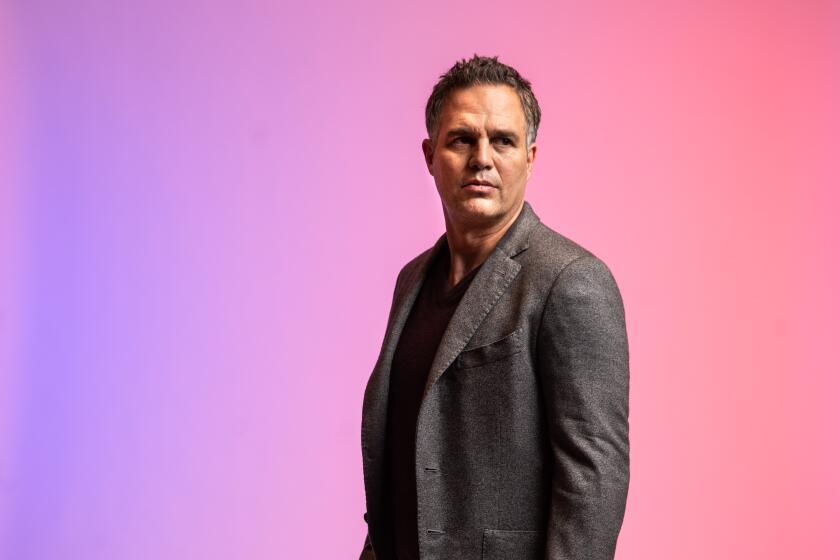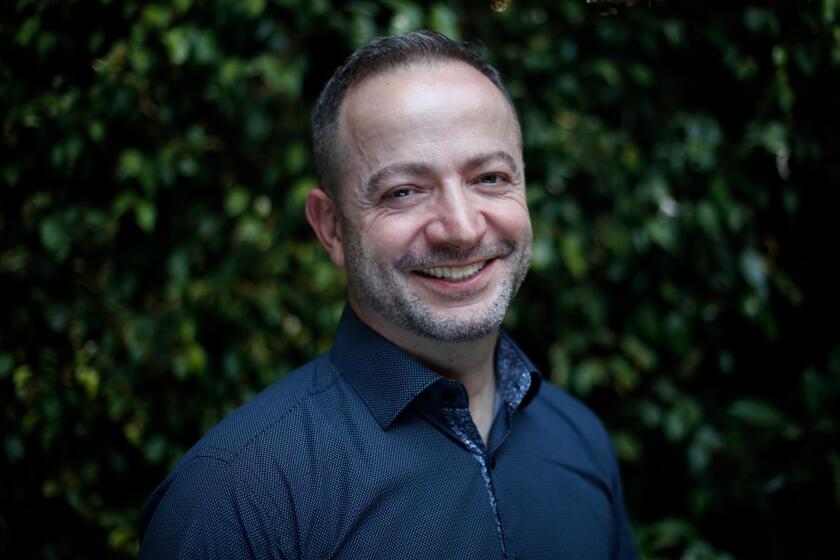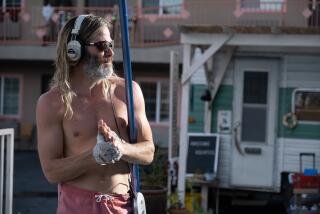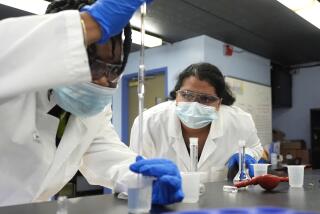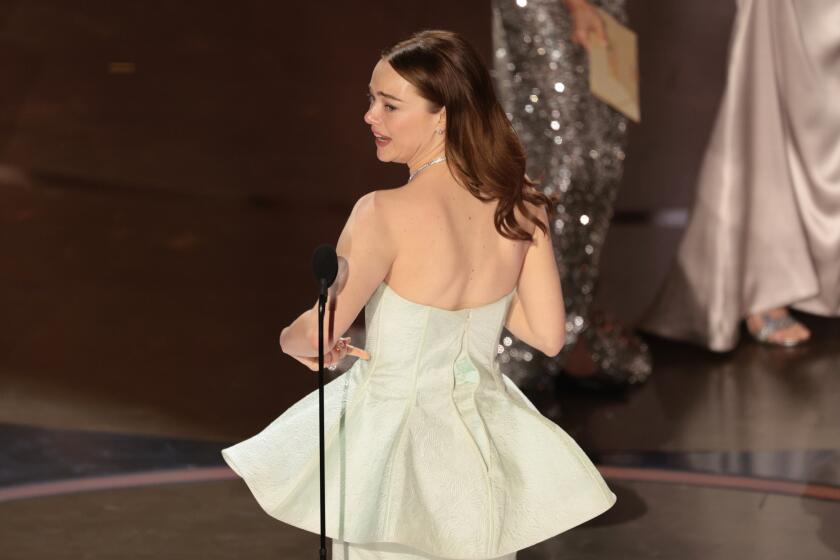Some of those extras in ‘Dark Waters’ have real-life ties to the film’s story
“Dark Waters,” the real-life David and Goliath story of lawyer Rob Bilott, who fought chemical giant DuPont over the dumping of toxic waste in its West Virginia community, spotlights a number of the people affected by the contamination. While doing so, the filmmakers also featured several of their real-life counterparts as extras.
As director Todd Haynes explains, people like Darlene and Joe Kiger, Jim Tennant (brother to the film’s lawsuit instigator William Tennant), Bilott and Bilott’s wife, Sarah, all lent so much support to the film, from prep through production, that it was only right to include them in the movie — often sitting across an aisle or a pew from the actor portraying them.
But at the film’s first test screening, Haynes realized the audience would have no idea they were there. So he changed the ending to include a segment showing them in their on-screen cameos, with their names below. “The audience feels not just that these real people exist in the world, not just what they look like in real life, but literally that they were taking a part in the making in this film,” Haynes says. “I thought that could be even more moving.”
Actor-producer Mark Ruffalo was taken by real-life lawyer Rob Bilott’s willingness to sacrifice in order to fight a corporate giant poisoning people.
The most poignant inclusion is that of William “Bucky” Bailey. His mother, Sue, had worked in DuPont’s Teflon unit in the early 1980s and was in close contact with the contaminant C8 when she was pregnant with Bucky. He was born with facial deformities, but DuPont never accepted responsibility — even though its own tests had showed the same birth defects in mice exposed to C8. He underwent 30 surgeries by the time he was 5, 17 more by age 16.
At a key moment in the film, Bilott (played by Mark Ruffalo) looks at Bucky’s baby pictures; the sweet, damaged face gives him impetus to keep up the Herculean fight. Later, at a gas station, Bilott fills his tank across from a man he suddenly realizes is the adult Bucky, whom he has never met. Bucky asks Bilott if he knows the score of a game that’s going on, but Bilott can hardly respond. It’s a heart-stopping moment, made even more touching because the Bucky on screen is the real Bucky Bailey.
Bailey had provided background information to the production, even turning over family pictures for use in the film. So when he was asked if he wanted to participate, “I thought it would be kinda cool to be in a motion picture,” he says. “So I jumped in.”
He was surprised at the special treatment he received on set. “Todd stopped shooting and came over and started talking to me, and Mark ran over,” Bailey recalls. “I’d never met either of them, and they were thankful that I was there. It was pretty awesome to see that.” An audiovisual engineer, he was also psyched to check out all the sound equipment.
Writer Mario Correa’s real-life story of corporate malfeasance is about a single hero, yes, but also about not waiting for heroes to fight systems of power
It so happened that his scene was the very last shot on the last day of filming. Says Haynes, “As is customary in these movies, we didn’t get to the scene until about 2 in the morning, and the whole crew was freezing-cold, as always, and we were feeling emotional and delicate — and then Bucky appears. We were all wiping tears away already, and then we did this scene with Bucky, and he was so natural and easy on film, and lovely to be with, and patient, and everything you kind of project onto him as a terrific guy. It couldn’t have been a more meaningful way to end this production.”
Even though it was a long day, “it was so fun, I wouldn’t take a second away, just seeing how everything interacts and how everyone works together,” Bailey says. He likewise praises the resulting film. “You’re always able to fight, you’re always able to have a voice, even when it seems like no one is listening. I’m a statement of fact for that. For so many years we tried to have a voice, we tried to seek litigation against DuPont, and were laughed away. ‘They’re too big, you’re one person.’ But it’s the voice of [affected farmer] Wilbur Tennant that rings in my ear. It’s the voice of Rob Bilott, who just took a stand. One voice can change the course of history, for bad, or good in this case.”
As an advocate, Bailey has testified before Congress and participated in the documentary “The Devil We Know,” about DuPont’s actions. But he pauses when considering what he’d like to see happen as a result of this film’s wider reach. “I don’t really wish bad things to happen to people or companies,” he says. “I want people to be successful. I want companies to be successful. But the biggest thing is I want them to own up to what they did.”
More to Read
Only good movies
Get the Indie Focus newsletter, Mark Olsen's weekly guide to the world of cinema.
You may occasionally receive promotional content from the Los Angeles Times.
